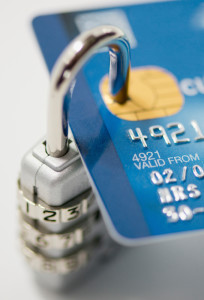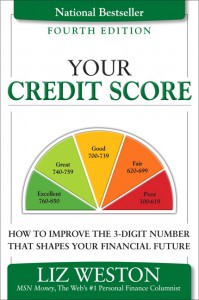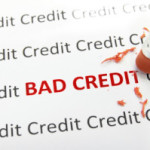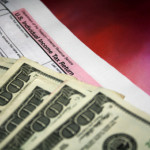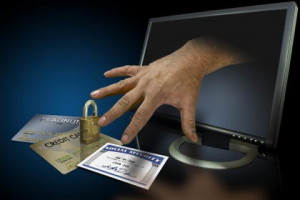 Today’s top story: How many accounts are too many on your credit report? Also in the news: What your car is really costing you, how to manage your money in your 30’s, and it’s time to spring clean your finances.
Today’s top story: How many accounts are too many on your credit report? Also in the news: What your car is really costing you, how to manage your money in your 30’s, and it’s time to spring clean your finances.
Do I Have Too Many Accounts on My Credit Report?
The answer may surprise you.
What your car really costs you
Has your car turned into a money pit?
How to Manage Money in Your 30s
This decade could be pivotal to your financial future.
5 Ways to Spring Clean Your Finances
Winter is finally over!
3 Health Myths that Cost You Money
Not taking care of yourself could be costing you money.
